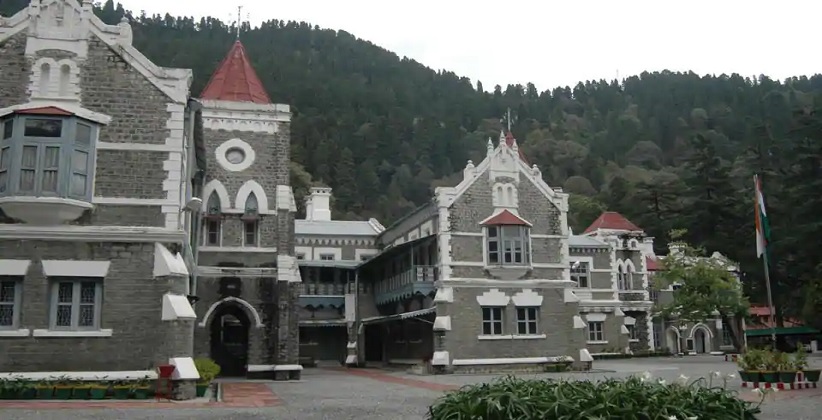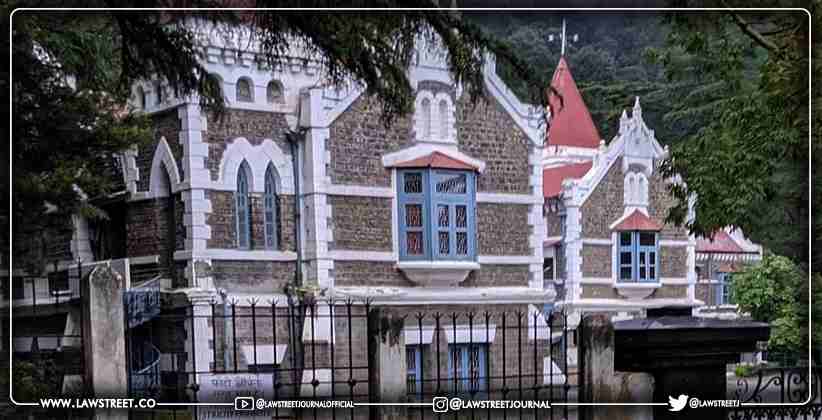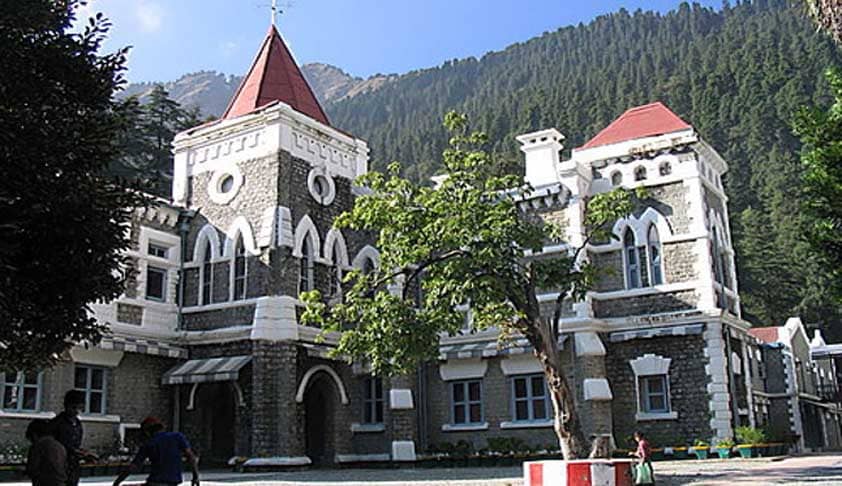Uttarakhand: The Uttarakhand High Court has delivered a significant judgment holding that a husband cannot be prosecuted for rape under Section 377 of the Indian Penal Code (IPC) for having anal sex with his wife.
Justice Ravindra Maithani, while partially allowing a criminal revision petition, modified a lower court order summoning the petitioner-husband under Section 377 IPC and Sections 11/12 of the Protection of Children from Sexual Offences (POCSO) Act.
The court noted that the wife (respondent no. 2) had alleged that the husband committed anal sex with her on multiple occasions, causing her injuries. However, the court held that such an act between husband and wife falls within Section 375 IPC, and due to Exception 2 to Section 375, a husband cannot be held guilty of rape for such an act with his wife.
Also Read: Uttarakhand HC seeks States response on arresting minors found dating [Read Order]
The court observed, "If an act between husband and wife is not punishable due to the operation of Exception 2 to Section 375 IPC, the same act may not be an offence under Section 377 IPC."
Addressing the applicability of Section 377 IPC to marital relations, the court stated, "In such a situation, the provisions of Section 377 IPC cannot be invoked against the husband. Therefore, this Court is of the view that Section 377 IPC is not prima facie made out against the petitioner."
However, the court upheld charges under Sections 11 and 12 of the POCSO Act against the husband for alleged sexual harassment of the couple's child. The court noted that the wife had alleged the husband showed objectionable content to their child and exposed himself, which prima facie constituted an offence under the POCSO Act.
The court held, "Exhibition of private parts to a child, showing him dirty films, as told by the child himself, prima facie makes out an offence under Section 11 read with Section 12 of the POCSO Act."
In conclusion, while setting aside charges under Section 377 IPC against the husband, the court allowed the trial to proceed under Sections 11 and 12 of the POCSO Act.






![Relocation of Uttarakhand HC outside Nainital: SC stays HC's order [Read Judgment]](/secure/uploads/2024/05/lj_5859_3966274a-4508-4c77-88bb-74263432a8aa.webp)






